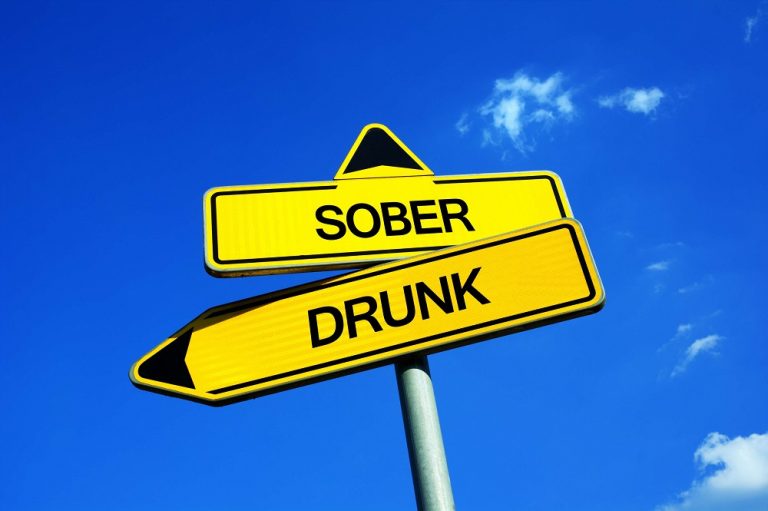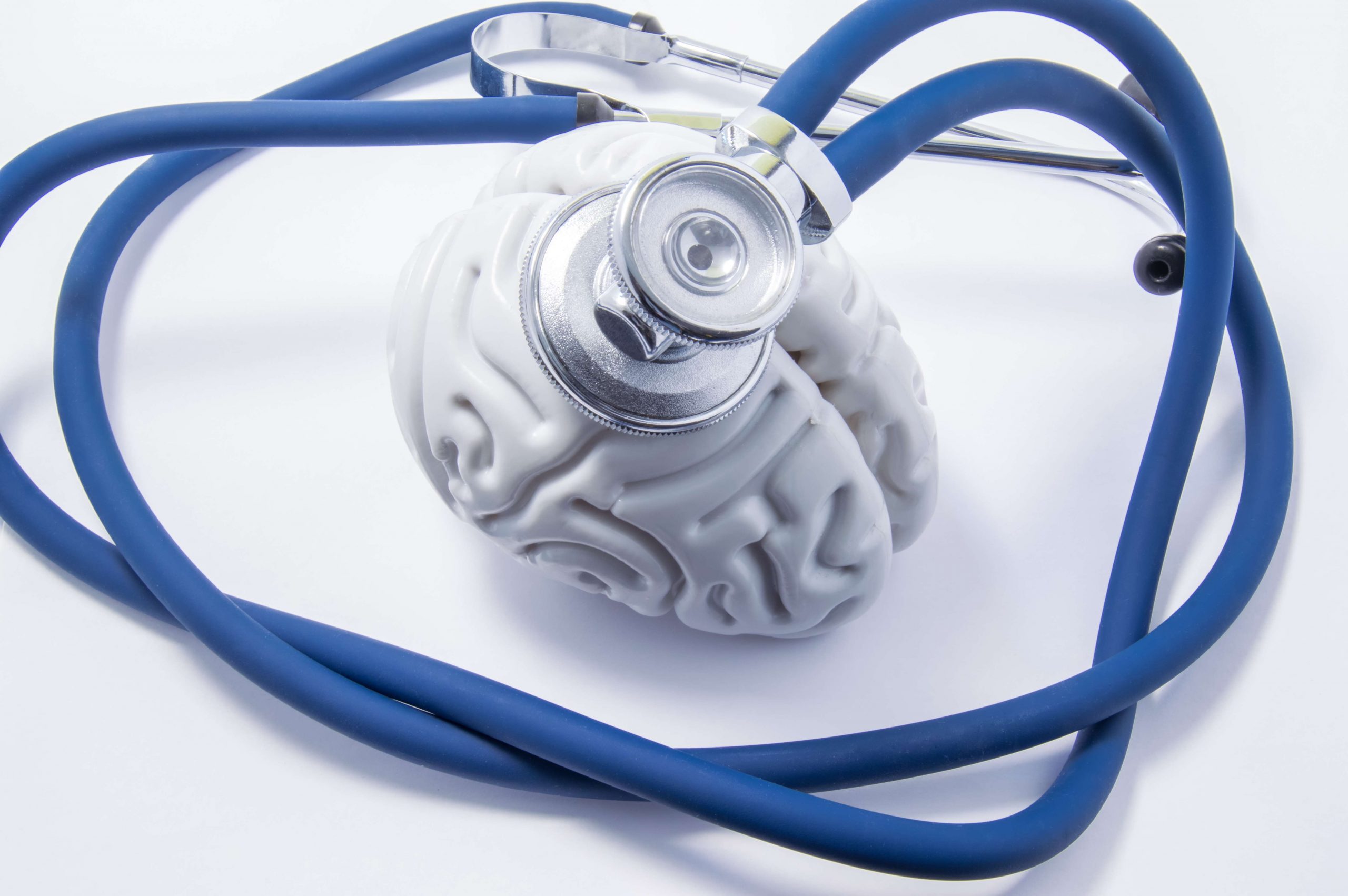Helps change unhealthy thoughts and behaviors linked to anxiety and alcohol use. Reactions like skin flushing or extreme fatigue could indicate an alcohol allergy, often accompanied by mood shifts and anxiety. Treatment for AUD often involves a combination of therapy, support groups, and medication. Plus, we’re always introducing new features to optimize your in-app experience. We recently launched our in-app chatbot, Melody, powered by the world’s most powerful AI technology.

Panic Attacks
These bodily changes may trigger feelings of panic, especially in those prone to anxiety. If you struggle with alcohol use disorder (AUD), panic attacks, or both, Charlie Health is here to help. If you find yourself constantly having alcohol-induced panic attacks or if you can’t control your heavy drinking, it could be a sign that you’re engaging in substance abuse. The main neurotransmitter in question is gamma-aminobutyric acid (GABA).
How to stop alcohol abuse and manage panic attacks more effectively

Make sure you stay hydrated by drinking water drunk panic attack and other clear liquids when recovering. You can also try sports drinks with electrolytes and other nutrients to help you replenish your body’s stores. It’s possible that the friends you drank with didn’t have as much to drink as you did. The more often and more heavily you drink, the greater the chances that you’ll experience anxiety as your body withdraws from alcohol. By the time it’s leaving your system, GABA levels fall off precipitously, leading to a heightened and anxious state. Your situation may seem hopeless at first when suffering from an alcohol-induced panic attack.
The relationship between alcohol and anxiety
- Those who suffer from Generalized Anxiety Disorder may get up in the middle of the night feeling anxious and stressed with anxiety.
- If you are experiencing regular panic attacks, you need to ask for support.
- Some people report feeling short of breath or a sense of choking.
- Alcohol dependence and anxiety disorders have a strong correlation.
- National surveys demonstrate that people with an anxiety disorder are two to three times more likely to develop an alcohol use disorder (AUD).
Whether or not alcohol is causing your panic attack, or if you’re drinking to try to cope what is alcoholism with a panic attack, it’s important to take it seriously. If your panic attacks are alcohol-related, you should also re-examine your drinking patterns and consider cutting down on your drinking. Because alcohol affects GABA, an inhibiting neurotransmitter in the brain, it does make a person feel calmer at first. However, when the alcohol wears off, GABA levels decrease, triggering an anxious, exaggerated, and overstimulated state.
Diet and Alcohol Anxiety
- Because alcohol affects GABA, an inhibiting neurotransmitter in the brain, it does make a person feel calmer at first.
- It’s no secret that alcohol has a profound impact on the brain—even a casual drinker can experience a mood shift after a beer or two.
- Because of their high alcohol content, spirits are more likely to cause us to blackout, which can worsen rebound anxiety the following morning.
- Below are some examples of how panic attacks can manifest in the body.
Having a good alcohol-free nighttime relaxation routine can prove to be very beneficial in overcoming such issues. You can pick and choose what seems possible, and incorporate those things in your routine that makes you feel most relaxed and seem most interesting. I rarely drink now due to those feelings 😩 they got so bad…it is strange, sometimes it affects more than others, it got that way it affects me always. Panic attack symptoms are extremely scary, causing many people to experience chest pain, breathlessness, palpitations, vision problems, nausea, diarrhoea, https://www.ylearn.it/boston-sober-homes-men-s-sober-house-3/ and often a fear that they’re going to die. They can properly assess the severity of your case and recommend an appropriate treatment plan, which may be medication, cognitive behavioral therapy, or a combination of the two.

